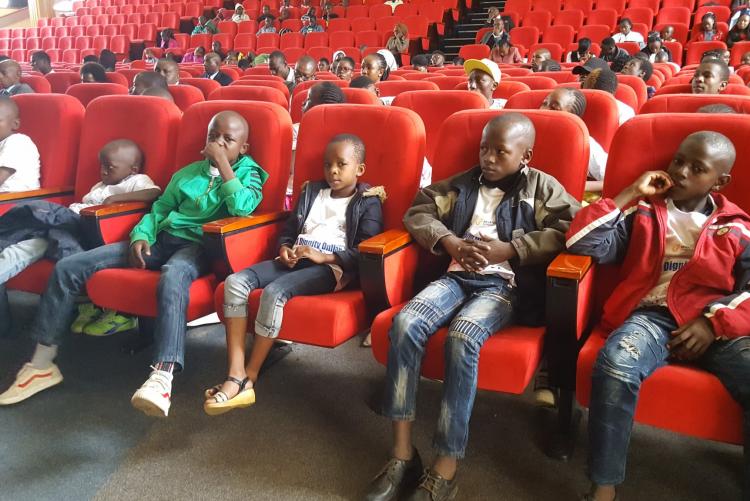What should I do when I sense that someone has intentions of sexually exploiting me online? Anne Mumbi, a little girl from Kibra, barely ten years old asked at a fully packed Taifa hall.
It was the first time I have seen the historic Taifa hall full to the brim with children from across the country. There were Children from Nairobi County to West Pokot, Kisumu County to Mombasa and Tana River to Bungoma. They all travelled from far to the University of Nairobi on November 11, 2019 with a solitary mission: Ending Online Child Sexual Exploitation.
Online sexual exploitation and abuse is when one person manipulates another person to get them to do something sexual — it’s an ongoing cycle of emotional and psychological abuse. This can include things such as forcing or blackmailing someone into to sending sexual photos/videos of themselves online or to perform sexual acts over webcam.
Online sexual exploitation and abuse is illegal whether you’re communicating with someone older than you or someone your own age.
In 2018, the internet watch foundation identified over 100,000 URLS containing child sexual abuse images. Further studies indicate that in Kenya, Cameroon, Gambia, Togo and Uganda, 54% of children have been exposed to child sexual abuse materials online and about 10% of children had been approached by online contacts to share sexualized images.
The Online Child Sexual Exposition therefore provided an opportunity for policy makers, government, and activists among other stakeholders to deliberate on how to protect children against sexual exploitation.
- Log in to post comments

